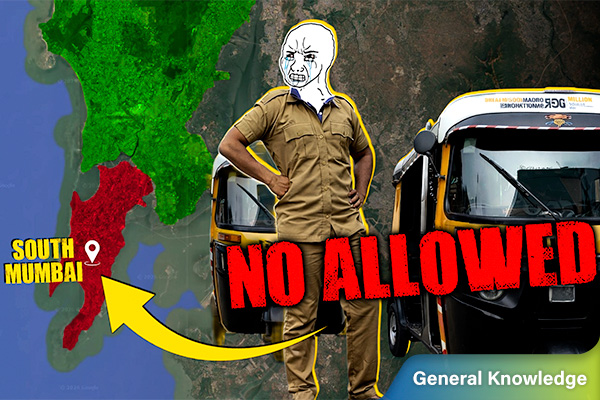Indian Railway's 8 Rules That Every Passenger Must Know
Indian Railways has key rules on safety, ticketing, luggage, and conduct to ensure smooth travel for all passengers.
Indian Railways, with a history of 178 years, is one of the largest rail networks in the world. Spanning over 68,000 km, it serves more than 23 million passengers every day, making it a crucial part of daily life for many people. To ensure smooth travel and safety for everyone, it’s important to follow the rules set by the Indian Railways. Here are 7 key rules every passenger should know:
1. Don’t Pull the Emergency Brake Chain Unnecessarily
The emergency brake chain is meant for genuine emergencies only. It should only be pulled in cases like medical emergencies, threats to passenger safety, accidents, or if someone, especially a child, elderly, or disabled person, misses the train. Misusing it can cause delays and unnecessary trouble for everyone.
2. Women and Children Without Tickets at Night
If a single woman or a child is traveling without a valid ticket, the Ticket Examiner (TTE) cannot ask them to leave the train during night time. This rule ensures the safety and comfort of vulnerable passengers.
3. Ticket Booking and Journey Extension
If you want to travel to a destination beyond your booked ticket, you can ask the TTE to extend your journey by paying the extra fare, provided there is a vacant seat available. This rule allows flexibility for passengers who need to change their travel plans.
4. Missed Train? You Can Board from Next Two Stations
If you miss your train, you can still board it from the next two stations. Additionally, the TTE cannot transfer your ticket to another passenger until two stations have passed from your original boarding station.
5. No Overcharging by Vendors
Vendors on trains and platforms are not allowed to charge more than the MRP (Maximum Retail Price) on any item. This ensures that passengers are not exploited by overcharging, especially in places where they have limited options for buying goods.
6. Luggage Limits
There are specific luggage limits based on your class of travel. Here’s how much you can carry:
- AC First Class: 70 kg free allowance, up to 150 kg including the free allowance.
- AC 2-Tier/First Class: 50 kg free allowance, up to 100 kg including the free allowance.
- AC 3-Tier/AC Chair Car: 40 kg free allowance, up to 80 kg including the free allowance.
- Sleeper Class: 40 kg free allowance, up to 80 kg including the free allowance.
- Second Class: 35 kg free allowance, up to 70 kg including the free allowance.
7. Middle Berth Rules
If you are traveling on the middle berth, it cannot be folded down during the day. The lower and upper berths are used as seats. You can only sleep on the middle berth between 10 p.m. and 6 a.m. If you exceed this time, the passenger in the lower berth has the right to ask you to move.
8. Respect Quiet Hours After 10 PM
Indian Railways has strict rules about maintaining peace and quiet after 10 p.m. Disturbing your co-passengers by talking loudly, playing music, or making noise is not allowed. All food services also end by 10 p.m., and passengers are expected to switch off lights in the coach, except for the night lights. If someone is disturbing others, you can complain to the TTE or any railway staff on board.
Following these rules helps ensure a smooth and pleasant journey for everyone. It’s important for passengers to be aware of and respect these guidelines, as they contribute to the overall safety and comfort of all travelers.
Have you ever had issues because of a co-passenger breaking any of these rules? Or have you ever accidentally broken a rule yourself? Share your experiences in the comments below!







